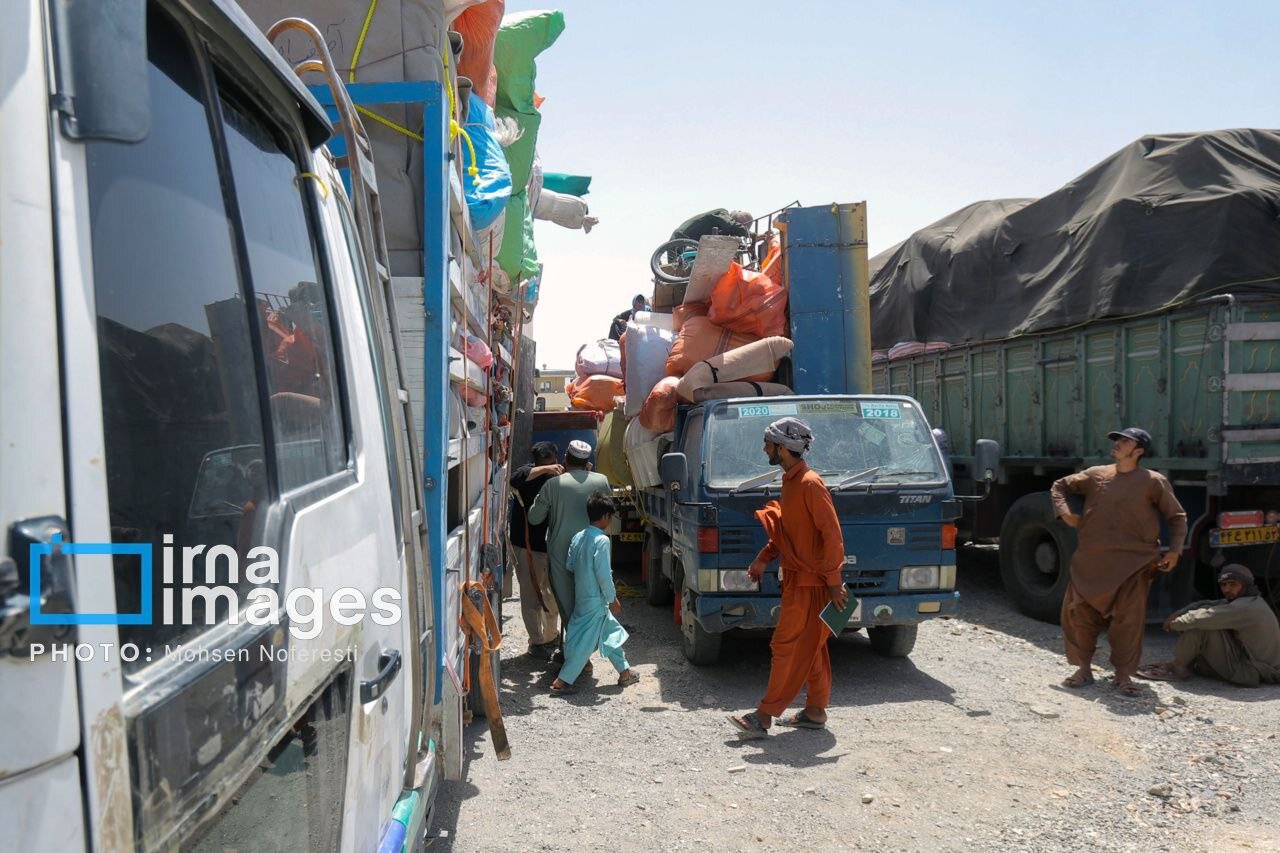Some 400,000 authorized foreign nationals working in Iran

TEHRAN – Around 400,000 foreign nationals are legally working in the country, and the rest are unauthorized, Ali Baqeri, an official with the Ministry of Cooperatives, Labor and Social Welfare, has said.
Referring to the employment status of foreign nationals, Baqeri said that foreign workers in Iran include individuals from different nationalities, the majority of whom are Afghans, IRNA reported.
“If Iranian employers are interested in hiring/employing foreign workers, they should apply for a legal permission,” he added.
Regarding foreign nationals who have returned to their home countries, Baqeri said that in the event Iranian employers request to re-employ them, these foreigners can apply for a passport and work visa to return to the country. They will be able to work for nine months in Iran, and then get back to their own countries for three months. If needed, they will obtain a work visa through a special online platform.
Employed refugees in Iran will all be covered by health insurance. Employers are committed to assuming the responsibility for employment and the legal presence of the employees, as well as their safety at the workplace, so that they can be held accountable to the relevant authorities if necessary.
The plan will contribute to organizing the labor market, “it will definitely help foreign workers to switch from informal to formal employment market,” he said.
The comprehensive refugee registration plan (known as Amayesh), the family passport plan, and the refugee program are still available in the country, and their family members also receive annual residence and work permits.
IOM lauds Iran’s services to refugees
On October 7, the Senior Advisor to the Director-General of the International Organization for Migration (IOM), Kim Eling, appreciated the efforts of the country in hosting and providing services to Afghan refugees.
The IOM official met the Iranian Deputy Interior Minister, Mohammad Bathaei, on October 6, on the sidelines of the 76th annual session of the Executive Committee of the United Nations High Commissioner for Refugees, held from October 6 to 10 in Geneva, Switzerland.
Commending the country’s efforts in hosting Afghan nationals, Eling said that the reduction in the amount of aid from donor countries is the main challenge for the United Nations in advancing projects.
The Iranian official, for his part, underlined that “despite unilateral coercive sanctions, Iran has provided significant services to foreign nationals.”
Iran hopes donor countries carry their share of responsibility by allocating appropriate aid to projects being implemented in the country, the official added.
Delivering a lecture, meeting the High Commissioner for Refugees, Filippo Grandi, as well as the Special Representative of the United Nations Secretary-General (SRSG) for Disaster Risk Reduction, Kamal Kishore, are among other plans for the Iranian official.
The Executive Committee of the High Commissioner’s Program (ExCom) meets in Geneva annually to review and approve the agency’s programs and budget, advise on international protection, and discuss a range of other issues with UNHCR and intergovernmental and non-governmental partners.
In August, Interior Minister Eskandar Momeni announced that more than 1.2 million Afghan nationals—mostly undocumented migrants—have left Iran over the past year, with the highest number of departures recorded at the eastern borders of Khorasan Razavi province.
Momeni said the country is not planning to deport documented and authorized refugees.
“We are only deporting the two million Afghans who are illegally residing in Iran,” he said.
“Iran is not an anti-immigrant country, as it is hosting six million foreign nationals. Since the beginning of the current Iranian year (March 21), some 800,000 out of the two million undocumented refugees left the country,” ISNA quoted Momeni as saying on July 18.
“These are honorable people who have contributed to the country’s production. Based on regulations, unauthorized refugees must leave the country. If they wish to live here, they have to follow legal procedures,” the official further noted.
MT/MG
Leave a Comment